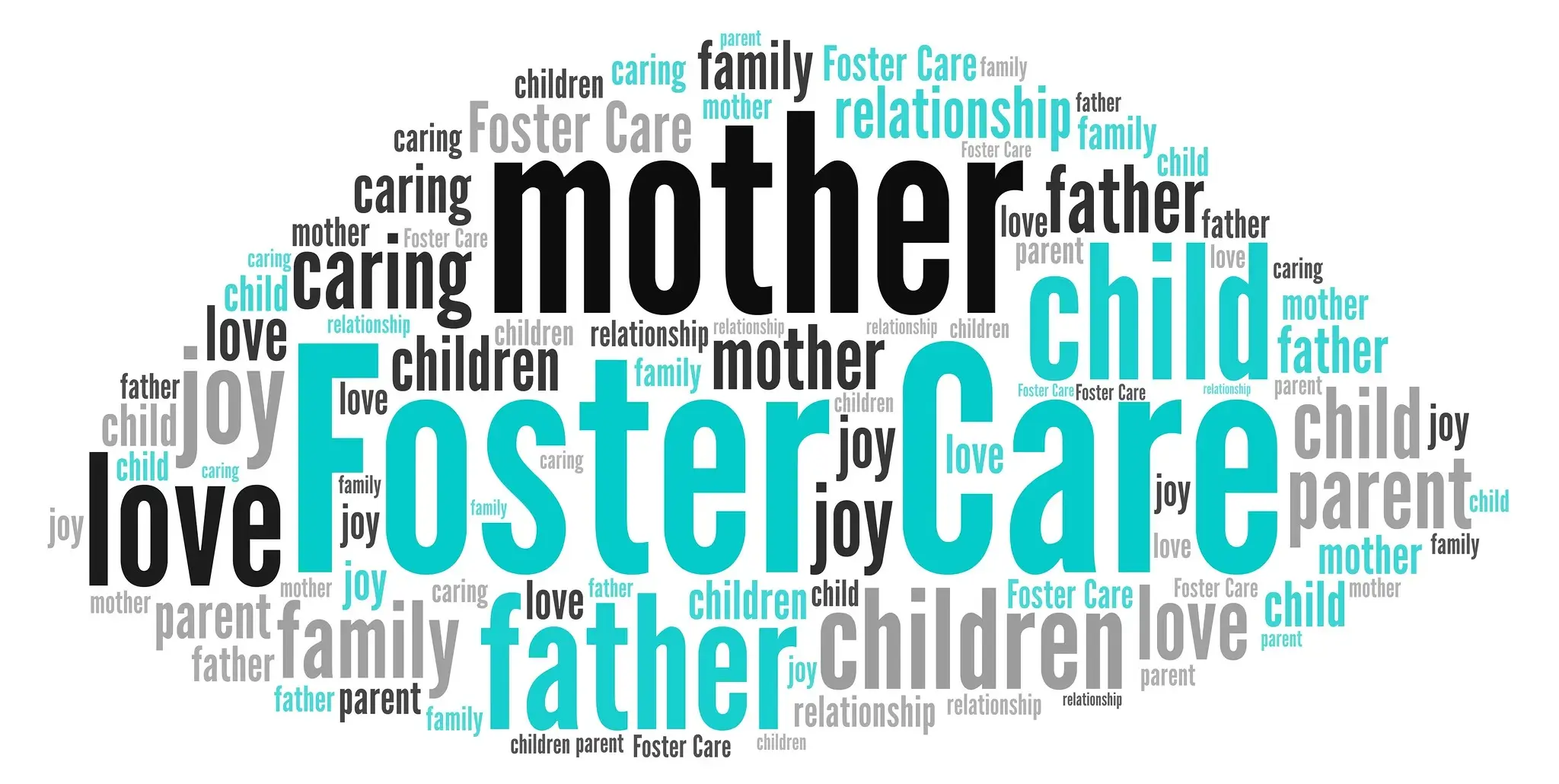How to Become a Foster Parent in Ontario: The Process, The Rewards, and The Responsibilities
Have you ever thought about becoming a foster parent in Ontario? Foster parenting is a rewarding and meaningful way to make a difference in the lives of children and youth who need a safe and nurturing home. Foster parents provide temporary care and support to children who are unable to live with their biological families due to various reasons, such as abuse, neglect, or abandonment. Foster parents can also help children prepare for adoption, reunification, or independent living.In this article, we will explain how to become a foster parent in Ontario, the process, the rewards, and the responsibilities.
We will also share some tips and advice from experienced foster parents who have successfully fostered children in Ontario. By the end of this article, you will have a better understanding of what it takes to become a foster parent in Ontario and whether it is the right choice for you and your family.
Procedure to how to become a foster parent in Ontario
The procedure of how to become a foster parent in Ontario is very simple. Here are the main steps that you need to follow:
- Contact your local children’s aid society
Contact your local children’s aid society or a licensed foster care agency. They will provide you with information and guidance on how to apply and what to expect.
- Complete a SAFE (Structured Analysis, Family Evaluation) home study.
This is an assessment of your family’s strengths, needs, and suitability to provide foster care. It involves interviews, references, medical checks, and police checks.
- Complete a PRIDE (Parent Resources for Information, Development, and Education) training.
This is a 36-hour training program that covers topics such as child development, attachment, trauma, loss, abuse, neglect, diversity, and working as part of a team.
- Wait for the approval decision.
The foster care agency will review your home study and training and make a recommendation to the Ministry of Children, Community, and Social Services. The ministry will issue a license to provide foster care if you meet the requirements and standards.
- Get matched with a child or youth.
The foster care agency will consider your preferences, skills, and availability, as well as the child’s needs, background, and interests, to find a suitable match. You will have an opportunity to meet the child and learn more about them before agreeing to the placement.
- Provide care and support to the child or youth.
As a foster parent, you will be responsible for the day-to-day care and well-being of the child or youth. You will also work with the foster care agency, the children’s aid society, and the child’s family to develop and follow a plan of care for the child or youth. The plan of care may include goals such as reunification, adoption, kinship care, customary care, legal custody, or independent living.
The Rewards and Responsibilities
Becoming a foster parent is a noble and rewarding choice, but it also comes with many responsibilities and challenges. Here are some of the rewards and responsibilities of being a foster parent:
Rewards:
- You can make a positive difference in the lives of children and youth who need a safe and nurturing home.
- You can help children heal from trauma, develop resilience, and reach their potential.
- You can experience the joy and fulfillment of caring for and bonding with a child.
- You can learn new skills and gain valuable insights from the foster care agency, the children’s aid society, and other foster parents.
- You can receive financial support and reimbursement for the expenses of fostering a child.
- You can be part of a supportive community of foster parents and professionals who share your passion and vision.
Responsibilities:
- You have to provide a safe and comfortable home for the child or youth in your care.
- You have to provide for the child’s basic physical and emotional needs, such as food, clothing, hygiene, health, education, and recreation.
- You have to attend to the child’s medical and dental needs, and ensure they have access to appropriate services and resources.
- You have to cooperate with the visitation plans and maintain contact with the child’s birth family and culture unless otherwise specified.
- You have to work with the foster care agency, the children’s aid society, and the child’s family to develop and follow a plan of care for the child or youth.
- You have to manage the child’s behavior and help them cope with their emotions and challenges.
- You have to complete a home study, a training program, and a licensing process before becoming a foster parent.
- You have to participate in ongoing training and support sessions and comply with the standards and regulations of foster care.
- You have to keep a record of the child’s time in care, such as photos, report cards, and other documents.
- You have to be prepared for the possibility of the child leaving your care, either to reunify with their birth family, to be adopted, or to transition to another placement.
Tips and advice from experienced foster parents in Ontario
Here are some of the tips and advice on how to become a foster parent in Ontario that I found from various sources:
- Build a support system and rely on it.
Fostering can be stressful and challenging, and you will need the help and support of your family, friends, and other foster parents. You can also join a foster parent association or a support group to connect with other foster parents who understand what you are going through.
- Make the child feel as welcome as possible.
When a child arrives at your home, they may feel scared, confused, and anxious. You can help them feel more comfortable by preparing their room, giving them a tour of the house, introducing them to your family and pets, and letting them know what to expect. You can also ask them about their likes, dislikes, hobbies, and interests, and try to incorporate them into your daily routine.
- Don’t get too attached to your expectations.
Fostering is unpredictable and dynamic, and you may have to deal with changes and challenges along the way. You may not know how long a child will stay with you, how they will react to your care, or what their plans are. You may also have to work with different professionals and agencies and follow their rules and regulations. You have to be flexible and adaptable and focus on the present rather than the future.
- Be okay with saying no.
Fostering is a big commitment, and you have to be realistic about your abilities and limitations. You have to consider your own needs and those of your family, as well as the needs and preferences of the child. You have to be honest with yourself and the foster care agency about what you can and cannot handle. You have to be able to say no to placements or requests that are not suitable for you or the child.
- Learn how to deal with trauma.
Many foster children have experienced trauma, such as abuse, neglect, or abandonment, and may have emotional and behavioral issues as a result. They may have difficulty trusting, attaching, or expressing themselves. They may act out, withdraw, or regress. They may have nightmares, flashbacks, or triggers. You have to be patient, compassionate, and supportive, and learn how to help them cope and heal. You can also seek professional help or therapy for yourself and the child if needed.
- Don’t sweat the small stuff.
Fostering can be overwhelming and frustrating, and you may encounter problems and conflicts along the way. You may have disagreements with the child, the foster care agency, the children’s aid society, or the birth family. You may have to deal with paperwork, appointments, or court hearings. You may have to face criticism, judgment, or stigma from others. You have to learn how to pick your battles and focus on the positive aspects of fostering. You have to remember why you became a foster parent and celebrate the achievements and milestones of the child.
Read Also: How To Write A Will In Ontario: A Step-By-Step Guide
Conclusion
Becoming a foster parent in Ontario is not a simple or easy decision. It requires a lot of commitment, patience, and flexibility. However, it can also be a fulfilling and meaningful experience. You can make a positive difference in the lives of children and youth who need a safe and nurturing home. You can help them heal from trauma, develop resilience, and reach their potential. You can also learn new skills and gain valuable insights from the foster care agency, the children’s aid society, and other foster parents.
You can also receive financial support and reimbursement for the expenses of fostering a child. In conclusion, becoming a foster parent in Ontario is a noble and rewarding choice, but it also comes with many responsibilities and challenges. You can follow these tips and advice on how to become a foster parent in Ontario mentioned above. Thanks for reading!







